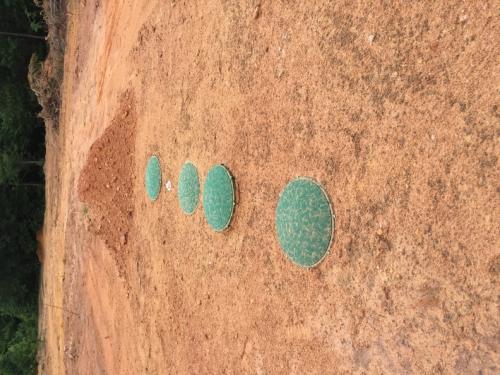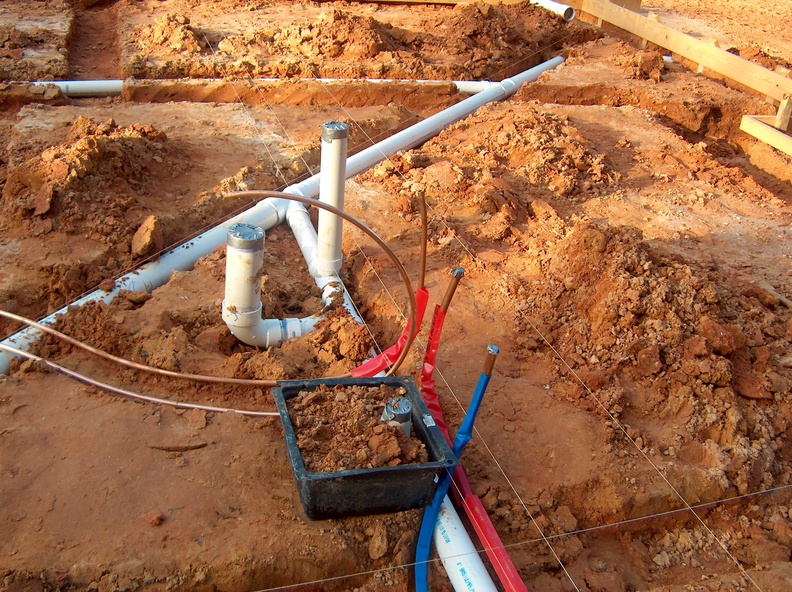Ways On How To Help Maintain Your Drainfield


Although there are a lot of people who understand how their septic system works, some of them might not be familiar with the drain field in the system. Drain fields, or leach fields, are wastewater facilities that are located below the surface. This is used to remove any impurities and contaminants from the liquid that come up after the anaerobic digestion in the septic tank. Most organic materials in the liquid are catabolized using a microbial ecosystem.
Septic system failures are usually caused by issues in the leach field. The whole system relies on the leach field to filter and remove the wastewater. Whenever there’s a build-up of wastewater or solid waste at the bottom of the drain field, the soil gets clogged up and in turn, prevents proper drainage. Most of the common causes of the malfunction of leach field include:
Draining grease, chemicals, paints, and any other complex substance down the drain
Damage from the vehicles on top of the field of construction
Excessive use of water in the house or leaking drains and toilets
Old age
Water runoff from excessive snow or rainfall
Plants and tree roots that interfere with the pipes
Another thing that causes the malfunction of the leach field is not having your septic system pumped regularly. Pumping your septic tank regularly will help remove the sludge inside it. A septic system should usually be pumped every 2-4 years, but this can vary from the size of the tank as well to the size of your household.
Leach field failure or malfunction is a very serious problem that should be addressed immediately. If it doesn’t get fixed properly, you and your family’s health will be put at risk. Below are some of the most common signs of leach field failure:
The grass on top of it is much greener than the rest of the yard
Some sewage odors are coming from the septic tank, leach field, or the drains and toilets
The surrounding area of the leach field is always mushy, wet, or even has standing water
The drains are slow running or there are backed up plumbing
Proper Maintenance of Your Leach Field
Most leach fields last anywhere between 15-30 years on average if it is always properly taken care of. For it to last longer, you need to properly maintain it all the time. Below are some of the ways on how to take care of your leach field.
Use water efficiently
The average household water use in a single-family home is nearly 70-75 gallons per individual, per day. If there is at least one running or leaky toilet in the house, you can waste as much as 200 gallons of water per day.
All of the household water goes down the pipes and winds up in the septic system. The more water that gets conserved, the less water that enters the system. Using water efficiently improves the overall operation of the system and in turn, reduces the risk of the leach field failing.
Don’t Pour Toxins in the Drain
Inside the septic system is a collection of living organisms that digests the household wastes and also helps treat them. Pouring toxins down the drain will kill the organisms and also harm your septic system. You should:
Always avoid using chemical-based drain openers if you have a clogged drain. Instead of using chemicals, you should use a drain snake or boiling water to remove the clog.
Never pour your grease and cooking oil down the drain because it will clog your drain.
Never pour solvents, oil-based paints, or a very large volume of toxic cleaners down your drain.
Properly Disposing of Your Wastes
Always remember that toilets are not trash cans. Everything that you grind in the garbage disposal, pour down the sink or flush down the toilet, everything goes into your septic system. All of the things that go down the drain affect the performance of your septic system.
You should only flush human wastes. Never flush:
Household chemicals like pesticides, oil, antifreeze, paint, paint thinners, or gasoline
Photographic solutions
Dental floss
Condoms
Feminine hygiene products
Pharmaceuticals
Cooking oil or grease
Cat litter
Paper towels
Baby wipes or other wet wipes
Coffee grounds
Diapers
Cigarette butts
Leach fields usually last anywhere between 20-30 years if it is properly taken care of. You should always properly maintain your drain field by always monitoring the water usage of your household and also everything that goes down your drain.
Post Your Ad Here
Comments